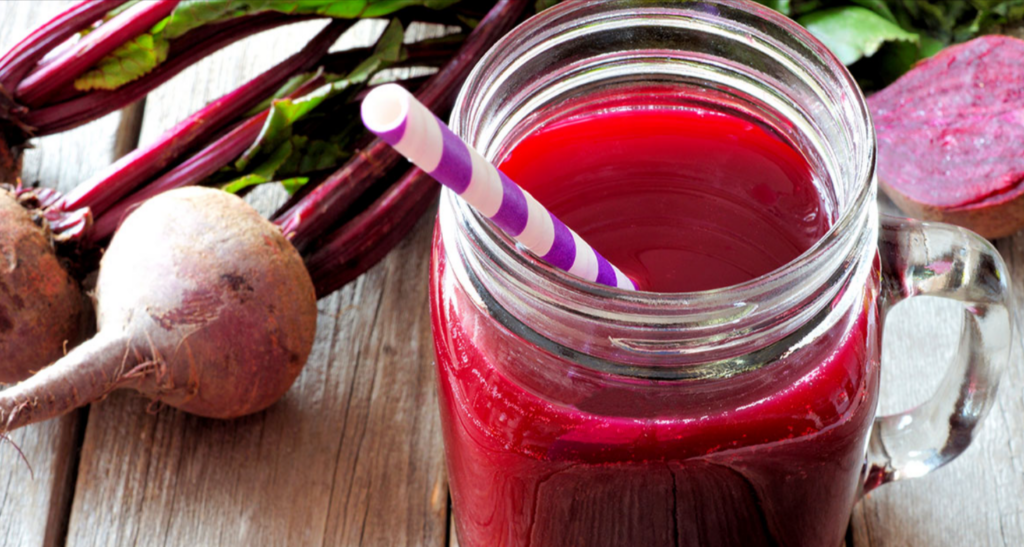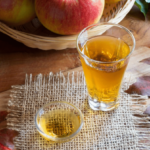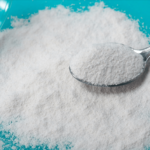Gallbladder cleanses or flushes are touted as natural remedies to eliminate gallbladder sludge or gallstones, which form when bile components like cholesterol harden.
These purported “gallstone flushes” are often promoted online and may include ingredients such as oil and lemon juice, Epsom salts, various juices, apple cider vinegar (ACV), or dietary supplements.
While a balanced diet and healthy lifestyle can help prevent gallstones, there is limited scientific evidence validating the effectiveness of these cleanses or flushes, and some methods might even pose health risks.
Gallbladder Cleanse Recipes
People often turn to various nutritional supplements, herbal remedies, or “flushes” to address gallstones. Commonly discussed methods include:
- Olive Oil Cleanse: This technique involves fasting for 12 hours and then consuming 4 tablespoons of olive oil combined with 1 tablespoon of lemon juice every 15 minutes for a total of eight cycles. Anecdotal evidence from 2009 suggests that this method can induce diarrhea and abdominal pain, followed by the expulsion of gallstones.
- Juice Cleanse: Another method suggests abstaining from solid food and drinking only apple and vegetable juice until late afternoon. Afterward, a mixture of olive oil and lemon juice is consumed every 15 minutes until a total of 8 ounces of olive oil is ingested. Both of these methods may produce a laxative effect due to the olive oil. However, there is no scientific evidence to confirm that these cleanses effectively remove gallstones.
- Apple Cider Vinegar Cleanses: Apple cider vinegar (ACV) is thought to potentially help soften gallstones. Despite the limited research on its effectiveness for gallstones specifically, ACV has demonstrated benefits in managing fat levels. A meta-analysis of nine studies on ACV revealed that consuming 15 milliliters (mL) of ACV daily reduced total cholesterol levels by stimulating bile acid production.
Although gallbladder cleanses are popular, there is limited research supporting their effectiveness in truly “cleansing” the gallbladder.
Many people turn to the Internet for information on gallstone cleanses. However, a study examining online content on gallbladder disease found that 56% of YouTube videos were misleading.
One widely discussed method is the “gallstone flush,” which involves a mixture of olive oil and lemon juice. Despite its popularity, this cleanse lacks scientific evidence proving its ability to treat gallstones.
Risks of Extreme Gallbladder Cleanses
Extreme gallbladder cleanses can pose serious health risks. For example, a case study reported a man who consumed Epsom salts dissolved in lukewarm water for 15 days in an attempt to flush out gallstones. This excessive use of Epsom salts can lead to several adverse effects, including:
- Diarrhea
- Kidney damage
- Irregular heartbeats (arrhythmias)
- Liver damage
Be cautious with supplements that claim to eliminate gallstones, as they may contain potent ingredients that can interact with existing health conditions or medications.
Dietary supplements are not as rigorously regulated as medications in the United States. The Food and Drug Administration (FDA) does not evaluate these products for safety or efficacy before they are marketed to consumers.
Moreover, individuals with health conditions like diabetes should adhere to eating patterns recommended by their healthcare providers. Many cleanses involve fasting or severe dietary restrictions, which can be dangerous for those managing chronic conditions. Always consult with a healthcare provider before making any significant changes to your diet or starting a cleanse.
Which Gallbladder Cleanse is Most Effective?
There is limited evidence to support the effectiveness of gallbladder cleanses. Instead of relying on cleanses, long-term lifestyle changes are more effective in preventing and reducing the risk of gallstones. To support gallbladder health, consider the following dietary habits:
- Increase fiber intake with fruits, vegetables, beans, and whole grains
- Reduce consumption of refined carbohydrates and sugars
- Opt for healthy fats while limiting unhealthy fats
Other Ways to Support Liver and Gallbladder Health Beyond Cleanses
Gallstones are a prevalent issue, affecting 10% to 15% of people in the U.S. To support liver and gallbladder health, consider the following measures:
Rapid weight loss can heighten the risk of gallstones. Prolonged fasting or losing weight too quickly can prompt the liver to release additional cholesterol into the bile, and rapid weight loss may hinder the gallbladder’s ability to empty properly. Repeated cycles of losing and gaining weight (weight cycling) also increase the risk of gallstones.
To mitigate this risk and promote gallbladder health, healthcare professionals suggest adopting long-term lifestyle changes such as:
- Increasing fiber intake
- Reducing refined carbohydrates
- Cutting down on sugar
- Consuming more healthy fats
- Maintaining a stable, healthy weight
- Steering clear of very low-calorie diets that cause rapid weight loss
- Avoiding weight cycling
- Engaging in regular physical activity
Many individuals explore alternative and complementary methods for managing gallstones. While more research is needed to confirm their effectiveness, some supplements may offer potential benefits:
- Vitamin C: This vitamin might lower the risk of developing gallstones in certain people.
- Vitamin E: Some studies suggest that this vitamin may be linked to a reduced risk of gallstones in older adults.
- Herbs: Various herbs such as milk thistle, dandelion root, artichoke, turmeric, celandine, and Oregon grape are known to promote bile flow and decrease cholesterol levels in bile. These herbs are sometimes recommended for gallbladder inflammation, though evidence from well-controlled clinical trials is limited.
Takeaway
There is limited scientific support for the effectiveness of gallbladder cleanses or flushes, and some of these methods may have negative health effects. If you experience symptoms such as pain, nausea, vomiting, or cramping from gallstones, it is important to consult a healthcare provider for appropriate treatment. Adopting a healthy lifestyle, including regular physical activity and a balanced diet, can help lower the risk of gallstone formation.


